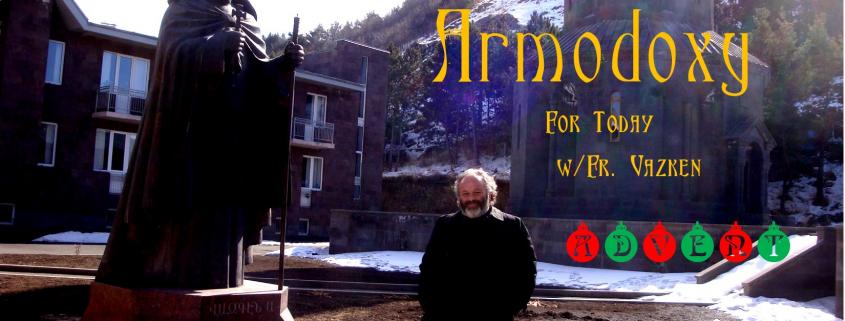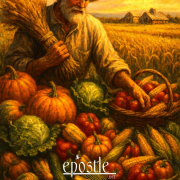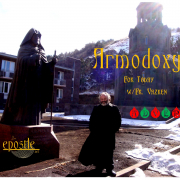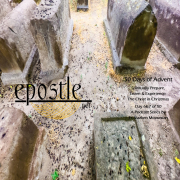Elitism
Armodoxy for Today
Elitism
The Great Banquet Parable (Luke 14:12-24) is the topic of this week’s Advent Journey. Jesus presents a scenario where a man invites friends and relatives to participate in a huge banquet he has organized. One-by-one the invitees come up with excuses. In response, the organizer of the dinner party goes ahead and extends to the invitation to the those who are considered “outcasts” – to the poor, the lame, the maimed and the blind. And still yet, he invites everyone from the four corners of his town to participate in the banquet.
In the time of Jesus, and still today, there was a general feeling that there are people that are “chosen” by God. This parable is a simple way of expressing a reality at the time, that Jesus, the Banquet, had come and people who were invited, that is the “chosen ones” found excuses to stay away. Instead, the banquet – the goodness the “the prize” which was assumed to be limited to a small group was accessible to everyone. The invitation was to all.
Often in religious circles, ego dominates our understanding of salvation to the point that we forget that life and the consequences of life – eternal life – are gifts from God. In the time of Jesus there were people who were certain that God and His Kingdom were accessible only to them. It’s a type of elitism that Jesus spoke against, and in fact, his outright expression might have even been the reason for his execution. This elitism could be delineated on along ethnic lines, socio-economic grounds, or even around beliefs. In other words, there are those who feel that unless you belong to a particular tribe, ethnic group, class, understanding, or even religion, you cannot access the fullness of God.
One of the tenants of Armodoxy is that we understand that God is God and we are people, that is, He is the Creator and we are the creation. If God is Father of all then we are brothers and sisters with everyone. In matters of life, whether here in earth or in heaven, the final word belongs to the Author of Life, God. For this reason, we shy away from proclamations such as “I am saved.” Salvation is the decision of God and Christ is very clear about us following, rather than setting standards and degrees of justification. To the Parable, Christ tells us those who think they are invited to the banquet, in the end, are left out with their places being taken by people they never would have assumed would be let in.
In the sight of God, there is no ethnicity, boundaries, or borders, rather we are all his children. For this reason, Francois de Salignac de La Mothe-Fenelon once said, “All wars are civil wars because all men are brothers…”
The Great Banquet Parable teaches us that all are invited to be part of God’s banquet and each of us can accept or reject the invite. It’s based on that acceptance or rejection that the banquet is filled. Tomorrow, we’ll look deeper into acceptance and rejection of the invite. I look forward to having you join us on this Advent Journey through Armodoxy.

 2009 Fr. Vazken Movsesian
2009 Fr. Vazken Movsesian
 2025 Fr Vazken
2025 Fr Vazken 2008 Varoujan
2008 Varoujan 2025 Epostle
2025 Epostle 2009 Fr. Vazken Movsesian
2009 Fr. Vazken Movsesian 2023 Epostle.net
2023 Epostle.net

 2009 Fr. Vazken Movsesian
2009 Fr. Vazken Movsesian
Leave a Reply
Want to join the discussion?Feel free to contribute!